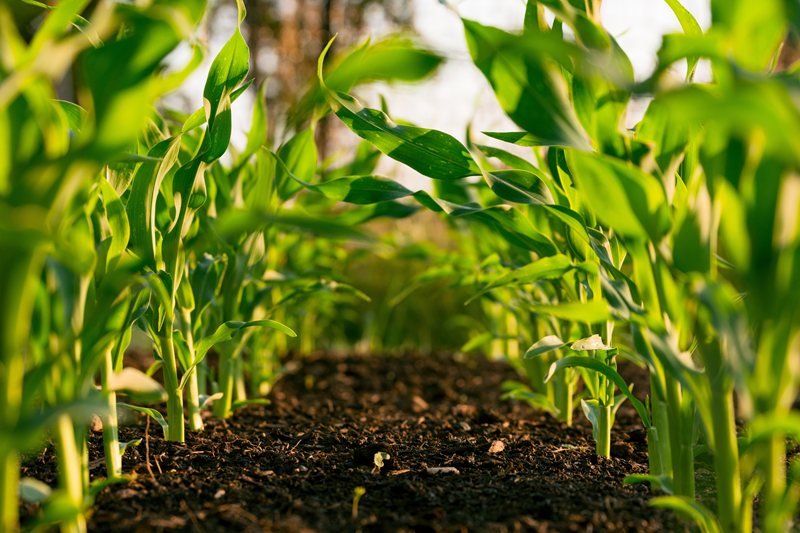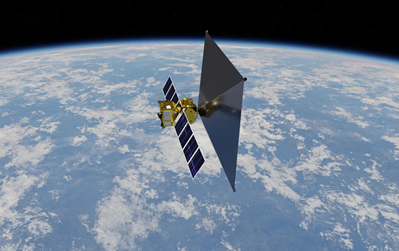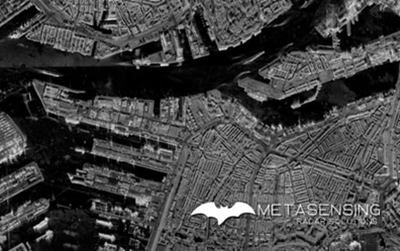Article by the European Union Agency for the Space Programme (EUSPA), republished according to the EUSPA guidelines.

The United Nations (UN) World Soil Day happens every year on 5 December, so let’s take this opportunity to talk about dirt – from space. The European Commission, through its EU Soil Strategy for 2030, is taking concrete steps to not only protect and restore soils, but to ensure that they are used sustainably – and supporting this strategy is EU Space.
Like the fact that 95 per cent of our food comes from soils, and how just one cubic metre of healthy soil can retain over 250 litres of water. Healthy soil also plays a crucial role as a natural filter, purifying and storing water as it infiltrates into the ground, not to mention its ability to support biodiversity and help regulate climate. Unfortunately, the world’s soils aren’t in very good shape. In the face of climate change, human activity and excessive pesticide use, soils have become degraded, which has had a domino effect, impacting everything from water resources to erosion and food production.
The good news is that it’s not too late. With sustainable soil management practices, such as minimum tillage, crop rotation, organic matter addition and cover cropping, we can improve soil health, reduce erosion and pollution and enhance water infiltration and storage. These practices also preserve soil biodiversity, improve fertility and contribute to carbon sequestration – playing a crucial role in the fight against climate change. This is why the European Commission, through its EU Soil Strategy for 2030, is taking concrete steps to not only protect and restore soils, but to ensure that they are used sustainably.
At the forefront of sustainable soil management
EU Space is at the forefront of sustainable soil management. Take Earth observation for instance. With data gathered by Copernicus satellites, combined with various ground measurements, researchers can monitor and verify soil conditions including soil moisture, soil sealing and temperature.
Having access to such information can help farmers increase yields and productivity while also reducing their environmental impact. It does this by essentially letting them “see” which crops would benefit most from the use of pesticides and allowing them to apply pesticides to just those crops. The net result is a decrease in the amount of contaminating pesticides being put into the ground and an overall increase in soil health.
EU Space’s soil-saving capabilities go beyond the agricultural sector. For example, with Copernicus, the European Global Navigation Satellite System (EGNSS) and the European Ground Motion Service (EGMS) scientists can monitor ground movement and deformation. This allows them to take steps to prevent the erosion of our precious topsoil. This same data can be used to provide early warnings for such natural disasters as earth and mudslides.
EU Space is the key
If having healthy soil is the lock to a healthy, sustainable society, then EU Space is the key. “By helping the agriculture sector sustainably manage its soil resources, EU Space helps increase crop yields to ensure we have enough food to feed the world’s growing population,” says EUSPA Executive Director Rodrigo da Costa. “Furthermore, because healthy soil can naturally remove and store carbon dioxide, by protecting it, EU Space is helping balance the global carbon budget and slowing the pace of global warming.”
So, as we celebrate the dirt below our feet, let’s take a moment to look up and remember the important role EU Space plays in protecting and restoring our soils.
Article originally published on the EUSPA website
ESA BIC startup focusing on soil sensing from space: ESA BIC Noordwijk incubatee Aardvark Sensing provides soil sensing data, in combination with satellite data, to enable better predictive capability for precision agriculture – such soil measurements are the foundation of our future food security. Aardvark’s innovative solution utilises Sentinel and SMOS (soil moisture and ocean salinity) satellite data. An interview with the startup’s founder Ilan Lewin will be online here in due course.
Apply to the business incubation programme of the European Space Agency by 27 March:


